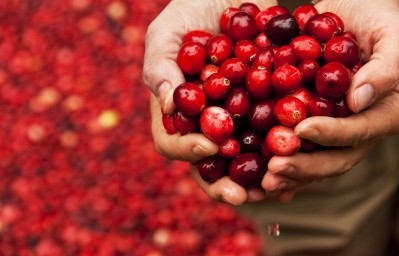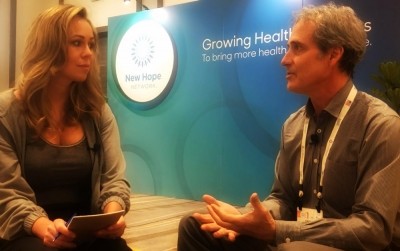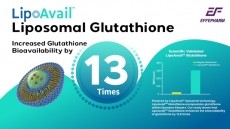Dolcas gets 'carbon neutral' certification from UK group

The certification applies to Dolcas’ organic olive leaf and fruit extract branded as TruOliv. The new imprimatur covers Dolcas’ farming and extraction process for the product, which is sourced from Dolcas’ olive groves in the foothills of the Atlas Mountains in Morocco.
Ancient origins
The history of olive cultivation in the country extends back to antiquity. Linguistic evidence suggests that olive trees were cultivated at least since the time when Phoenician traders plied the far reaches of the Mediterranean and even beyond (about 1,000 BCE). The excavated ruins of olive oil mills have been dated to Roman times after about 25 CE, when parts of present-day Morocco were within the Roman province of Mauretania.
The new label language asserts that the product is compliant with PAS-2060, which is an internationally recognized standard put together by a group called Carbon Trust. This is a group that began as a quasi-governmental organization in the UK. It is now structured as an international non profit corporation with additional offices in Mexico, Singapore, South Africa and elsewhere.
According to Carbon Trust, the certification process is intended to deliver to participating companies “[T}the expertise and knowledge to become climate leaders on their journey to Net Zero. For over a decade, we have worked with organisations [sic] across sectors to help them achieve year on year reductions and communicate these achievements in an impactful and credible way. “
The new carbon neutral certification joins USDA and EU organic certification that Dolcas has already achieved on TruOliv.
Caring for the community as well as the environment
Dr. Shavon Jackson-Michel, director of medical & scientific affairs for Dolcas Biotech, said the certification isn’t just an energy-in/energy-out calculation, but also speaks to the company’s commitment to the local community.
“Protecting the environment is not just about reducing the impact of emissions. It also involves restoring the land and empowering rural communities—especially in low socioeconomic zones—to instill a sense of pride and self-sufficiency,” she said.
Jackson-Michel said the company has recently installed drip irrigation in its olive groves to improve water usage and supports the planting of new olive trees to forestall desertification. In addition, the leftovers from extract manufacture, such as pits and trimmed branches, are used to make charcoal.
The company, which is based in Landing, NJ, has also used the news of the new certification to help publicize the launch of a new product, which is a beadlet liquid-encapsulated form of TruOliv, which is rich in the antioxidant fractions hydroxytyrosol and oleuropein.

















